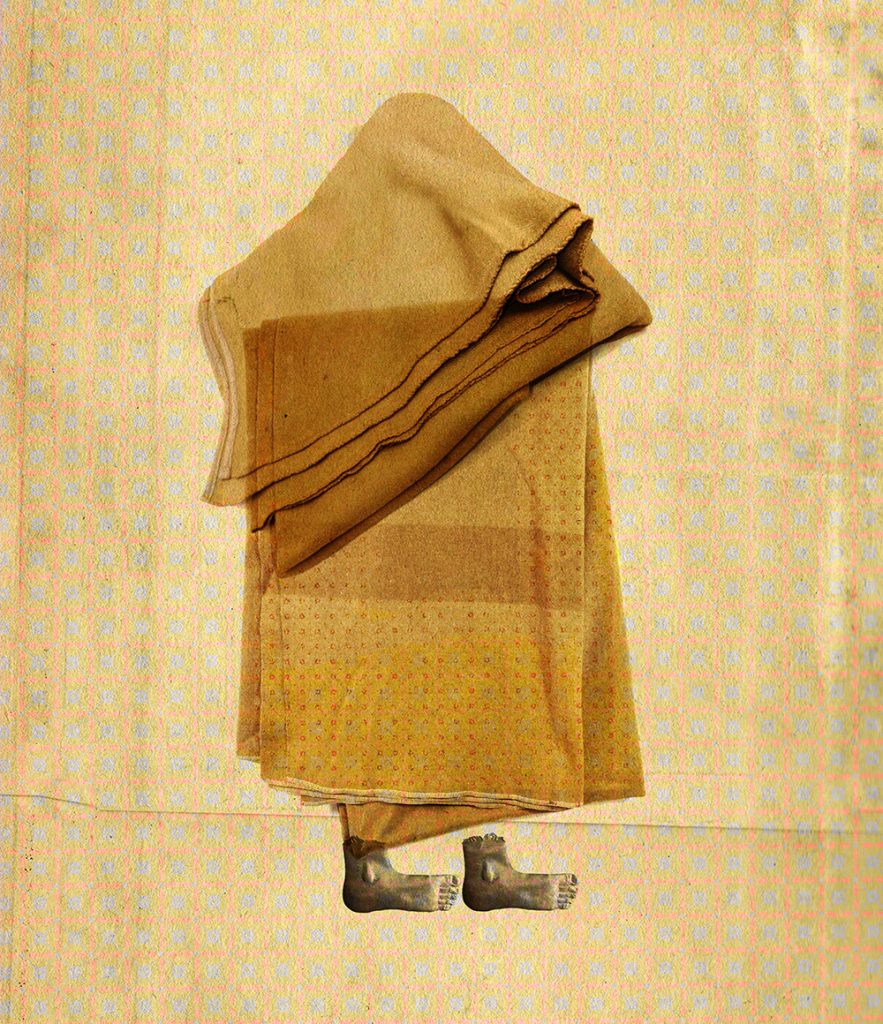blanket for a coat
to travel, to go, to move
to lie down when tired
–David Bolton
The seasonal themes of haiku are inherently “conservative” in the literal sense of that word. Their role is to preserve a curated set of cultural and ecological associations, providing a symbolic language for poets to use in communicating with one another across time.
In that respect, the role of the season word is the exact opposite of the 5-7-5 syllable form, the very brevity of which invites innovation and experimentation. The purpose of the latter is to mix things up a bit by subverting existing frames of reference. Before Basho wrote his famous haiku about the frog jumping into the old pond, Japanese poets had always celebrated frogs for their singing. Basho overturned that expectation with a singular little “plop!”—a sound that was comical or mystical (or maybe both), depending on how you heard it.
The haiku form encourages novelty and originality through the exercise of poetic play. But, as Basho showed, playfulness does not rule out the possibility of engaging with serious subject matter. In fact, the more serious the subject of a haiku, the lighter the poet’s touch will need to be.
Blankets have been around for thousands of years—even longer if we include the animal pelts and woven grass mats used by our Paleolithic ancestors. Throughout most of their history blankets have been symbolic of comfort and protection. But our Best of Season haiku for Winter 2025 disrupts that tradition, repurposing the season word for use as a symbol of deportation, dislocation, or mass migration.
The person who uses a “blanket for a coat” has lost their other belongings—most likely because they have been forced to leave them behind. Whether they are fleeing a natural disaster, persecution, or civil unrest, the result is the same. The four infinitives that follow the opening line capture the relentless series of relocations that define the life of the refugee.
“To travel, to go, to move / to lie down when tired.” Only in the last instance is the blanket put to its intended use—to offer warmth and comfort while sleeping. Even so, this is not the rest that most of us experience in our beds at night but the exhausted sleep of a person on the move.
Every season word comes with a label that reads “Use as directed.” But haiku poets are seldom content to leave well enough alone. It is through testing the limits of these time-honored themes, opening them up to new and unexpected meanings, that they are kept relevant—and responsive to the shifting realities of human life.
♦
The Tricycle Haiku Challenge asks readers to submit original works inspired by a season word. Moderator Clark Strand selects the top poems to be published in Tricycle with his commentary.
To see past winners and submit your haiku, visit tricycle.org/haiku.
Thank you for subscribing to Tricycle! As a nonprofit, we depend on readers like you to keep Buddhist teachings and practices widely available.
